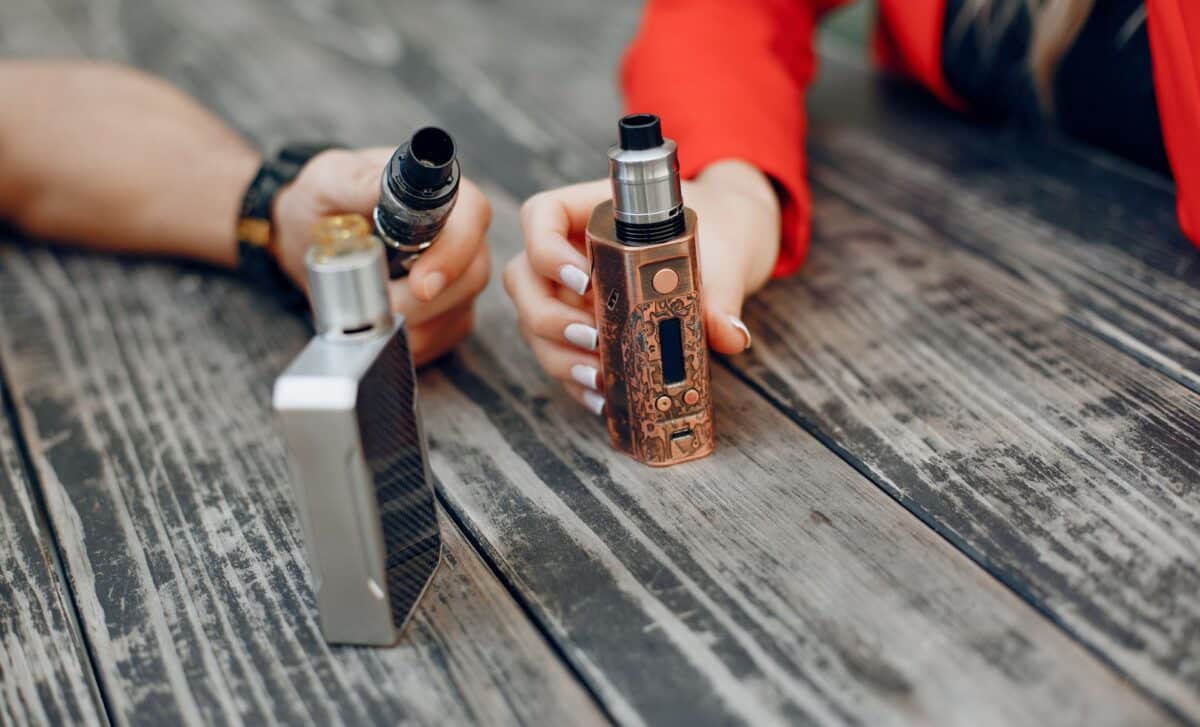Retailers barred from selling single-use vapes as government moves to protect youth and environment. Ban applies across England, Scotland, Wales and Northern Ireland, with fines and prison time for violators.
A ban on the sale of disposable vapes has come into force across the United Kingdom, following concerns over rising youth usage and mounting environmental harm. The regulation targets all retailers, from supermarkets to petrol stations, making it illegal to stock or supply single-use vape products.
The move, which was first proposed by the Conservative government and later enacted by Labour, reflects growing public concern over the accessibility and waste impact of these devices. Although users may still possess and use them, businesses now face stiff penalties for continued sales.
Youth Vaping and Addiction at the Centre of Legislative Action
The decision to prohibit single-use vapes was significantly influenced by the sharp increase in youth vaping, driven in part by the affordability and design of these products.
According to Action on Smoking and Health (ASH), one in seven 18 to 24-year-olds now vape despite never having smoked. The organisation also reports that around 48% of children caught vaping are under the age of eleven.
Brightly coloured packaging, sweet flavours and widespread availability have been cited as key factors behind the surge in underage usage. According to The Independent, the devices are often marketed in a way that appeals directly to children and adolescents, contributing to nicotine addiction at a young age.
Mary Creagh, minister at the Department for Environment, Food and Rural Affairs, stated:
“For too long, single-use vapes have blighted our streets as litter and hooked our children on nicotine. That ends today.”
Although the National Health Service (NHS) acknowledges that vaping is considerably less harmful than smoking, it also warns that the long-term effects remain unknown.
The new ban does not prohibit reusable vaping devices, which must have both a rechargeable battery and refillable tank, allowing them to remain legally available to those using them as a smoking cessation aid.
Environmental concerns drive broader support for regulation
Environmental impact formed the second major pillar behind the ban. According to Defra, nearly five million disposable vapes were thrown away or littered each week in 2023. The lithium batteries inside them have been linked to hundreds of fires at waste-processing sites and bin lorries, and recycling the devices requires manual disassembly.
Material Focus, a not-for-profit recycling advocacy group, estimates that around 40 tonnes of lithium—enough to power 5,000 electric vehicles—was discarded via single-use vapes over the past year. The devices often leak battery acid, mercury and other hazardous substances into the soil and waterways when not properly disposed of.
Despite concerns over enforcement and the potential for black market sales, many health professionals and environmental campaigners have welcomed the regulation. According to Green Alliance, the products were “a blight on our countryside” and should never have reached the market.
Retailers breaching the new law face a £200 fine for first offences, with unlimited fines or up to two years in prison for persistent violations.









